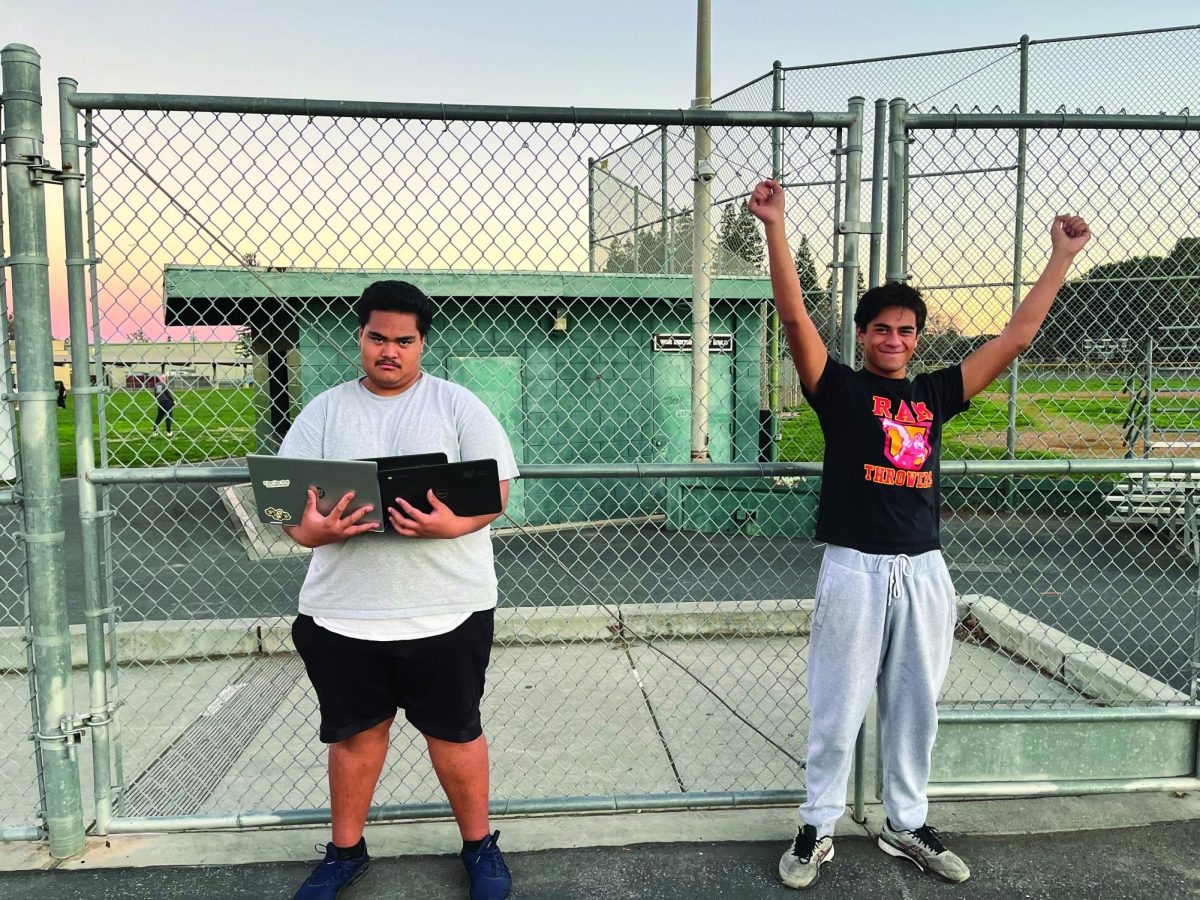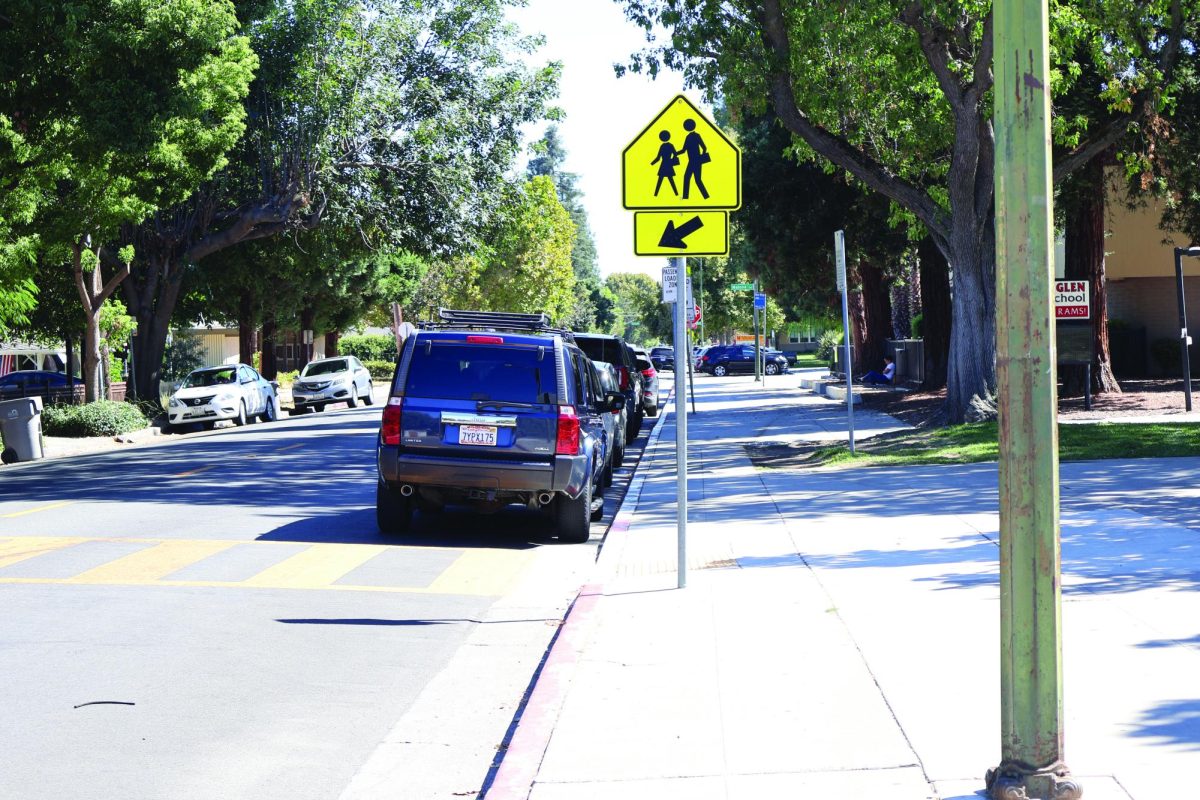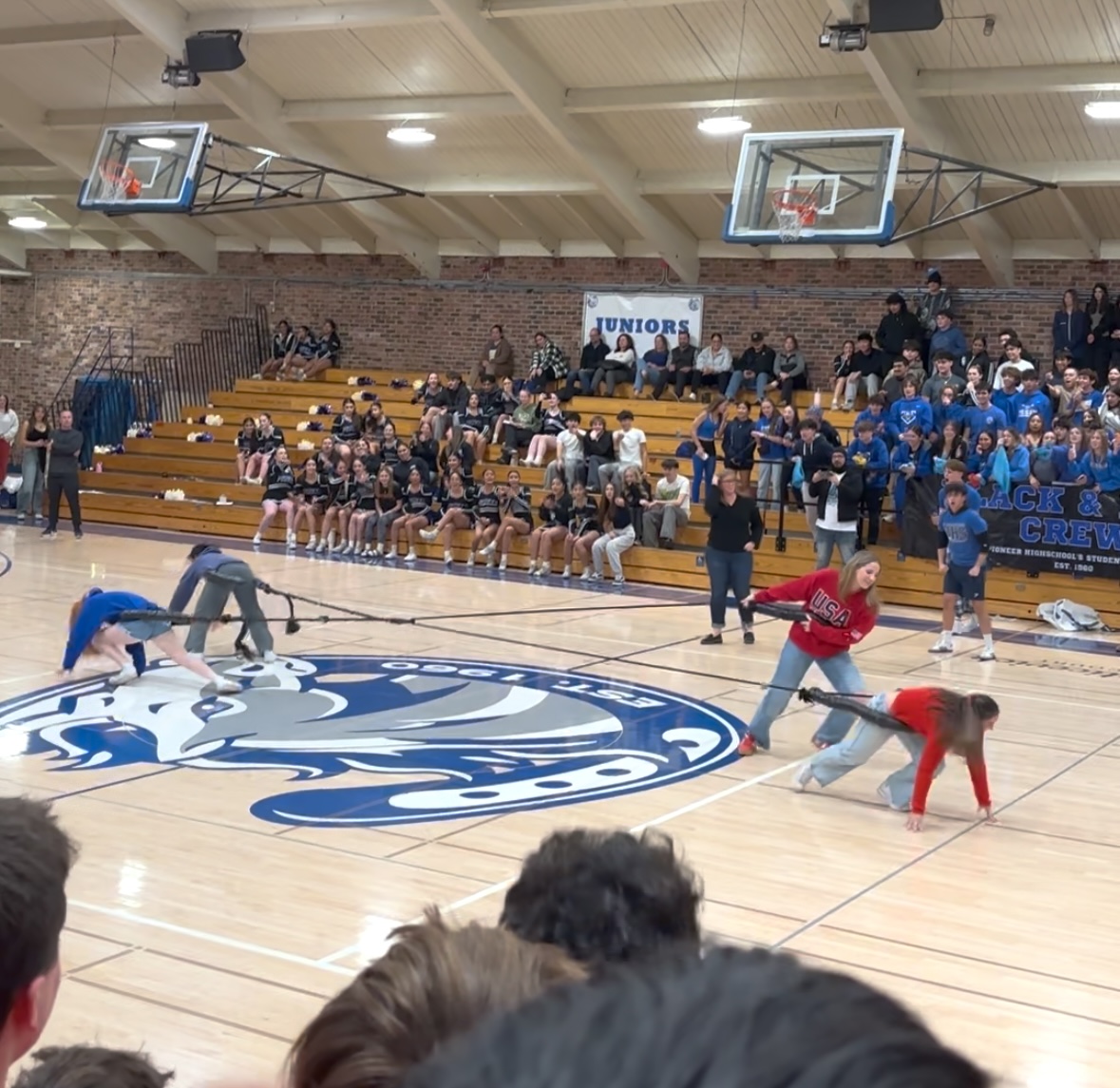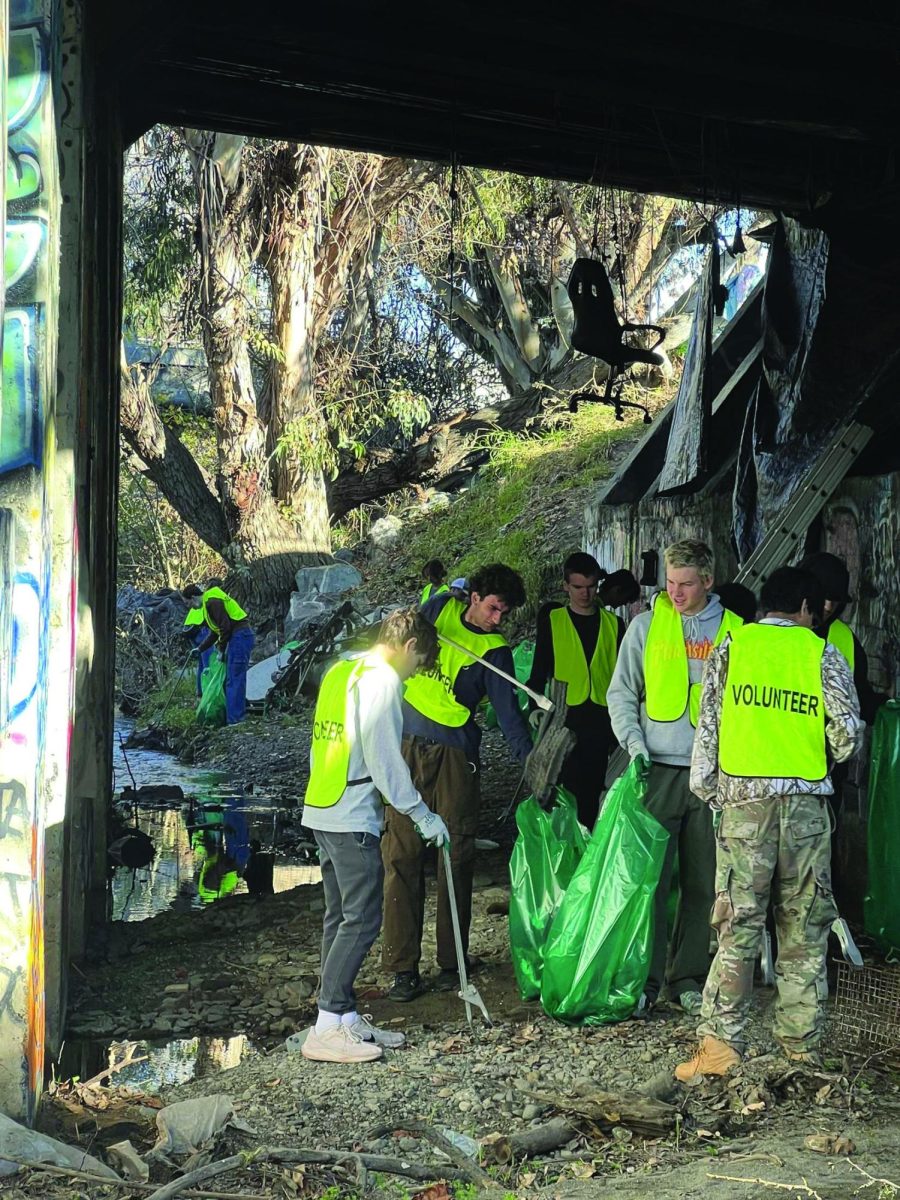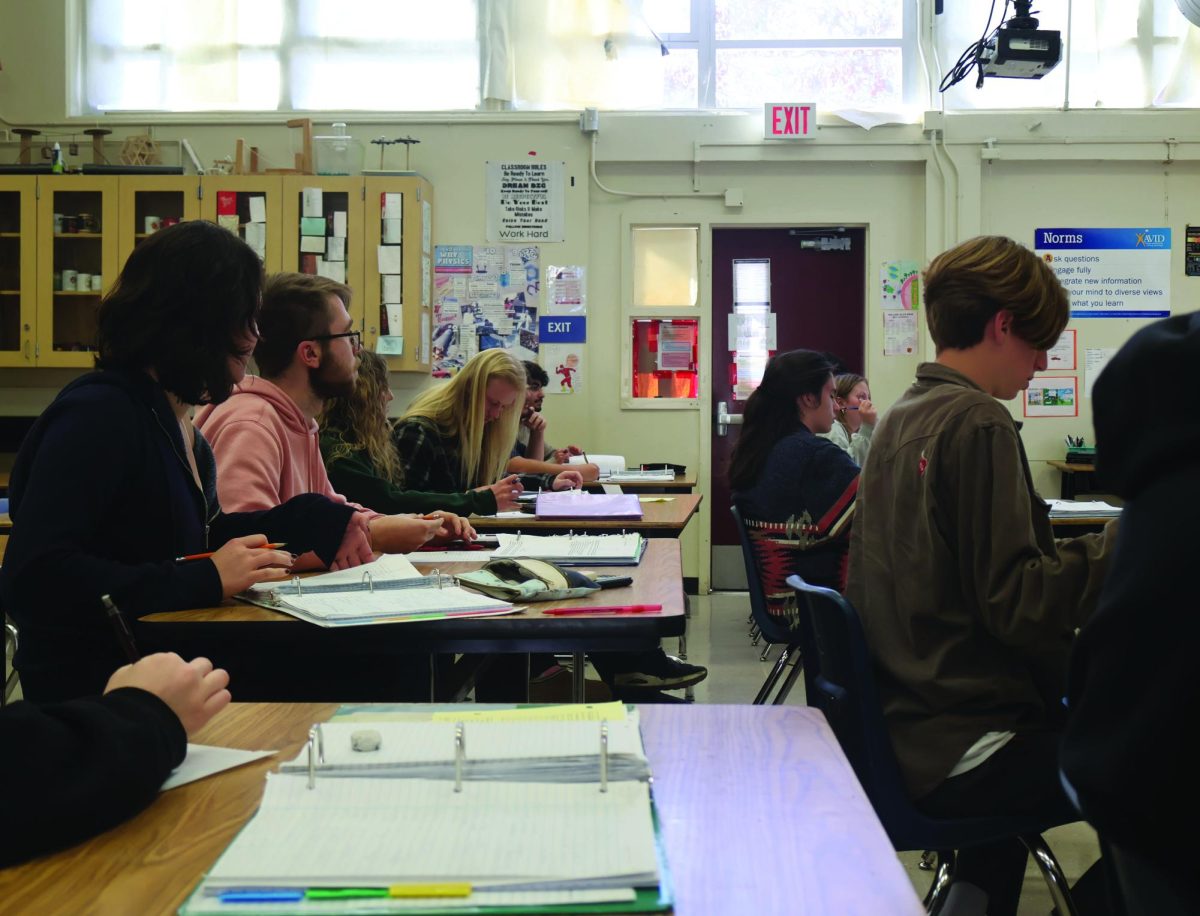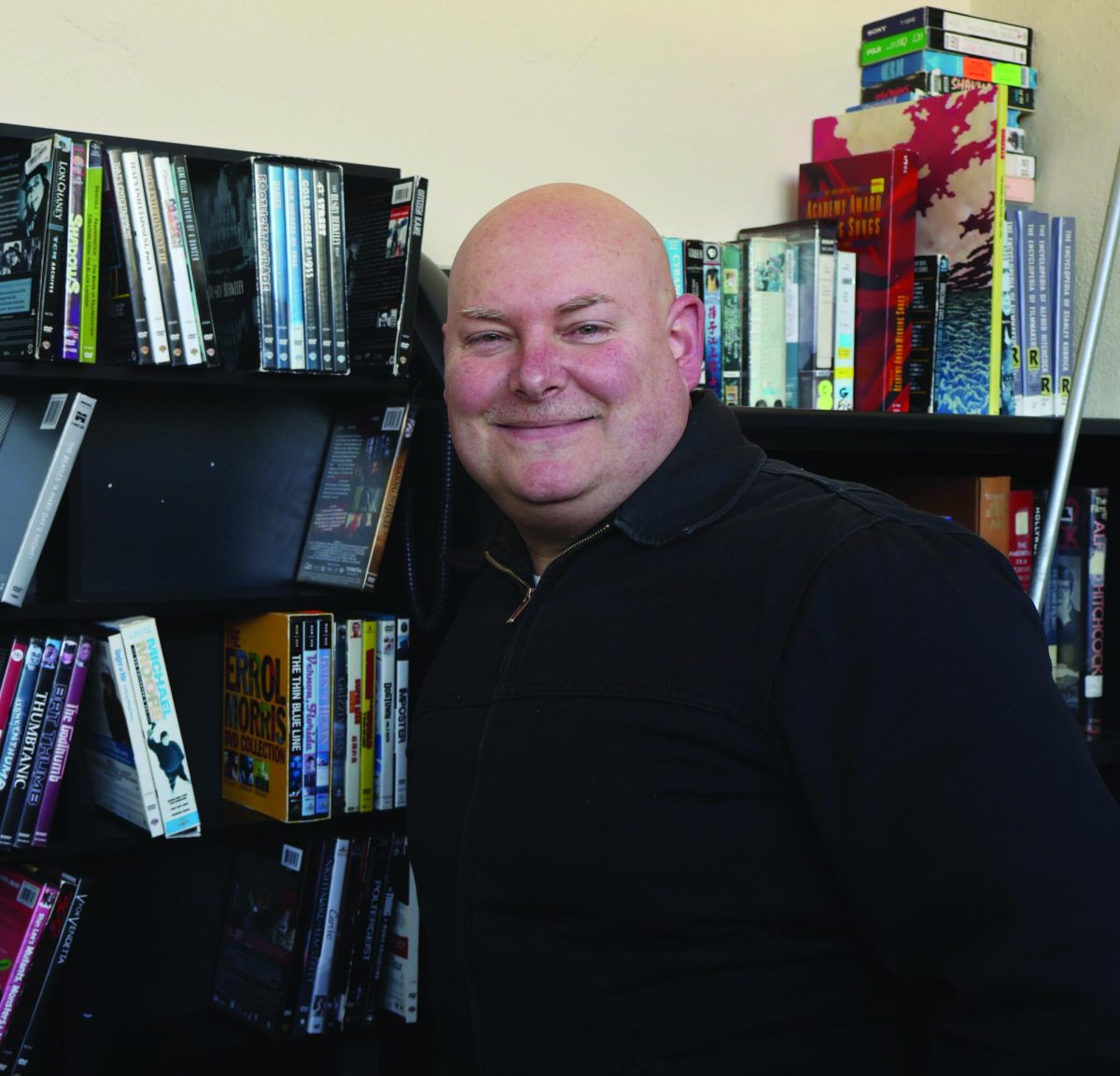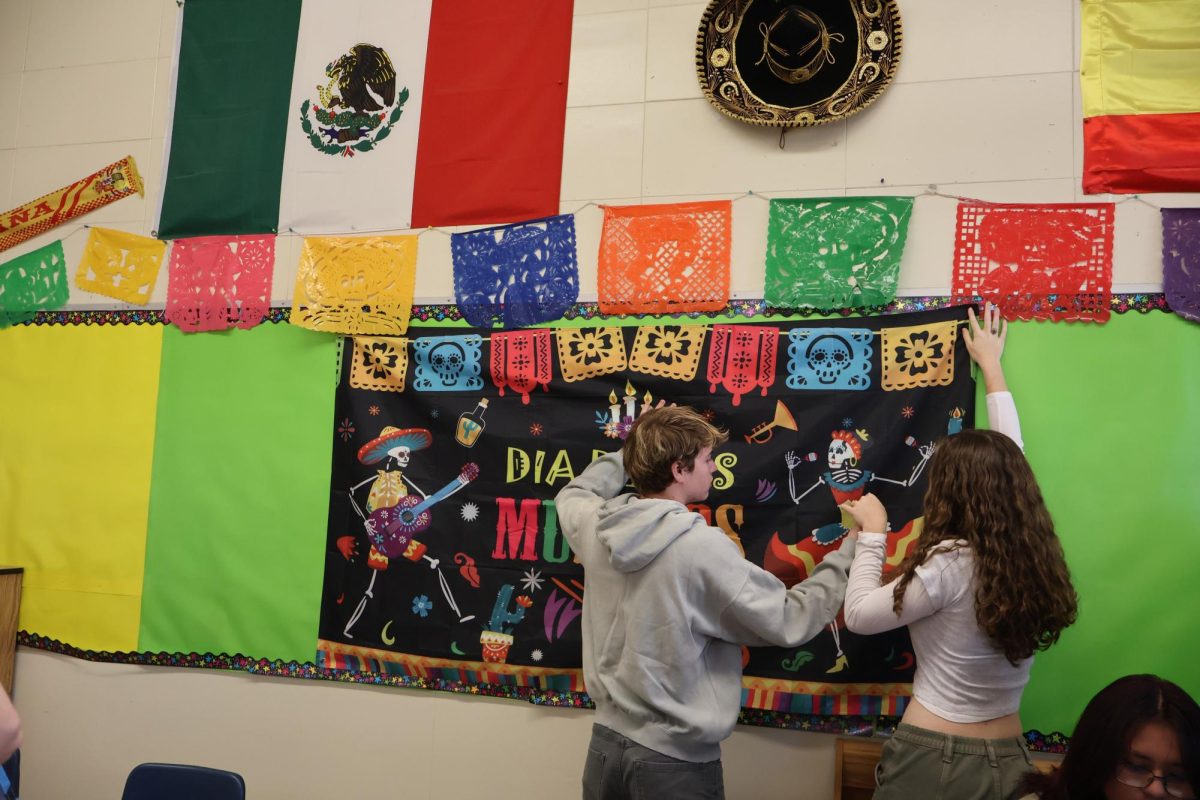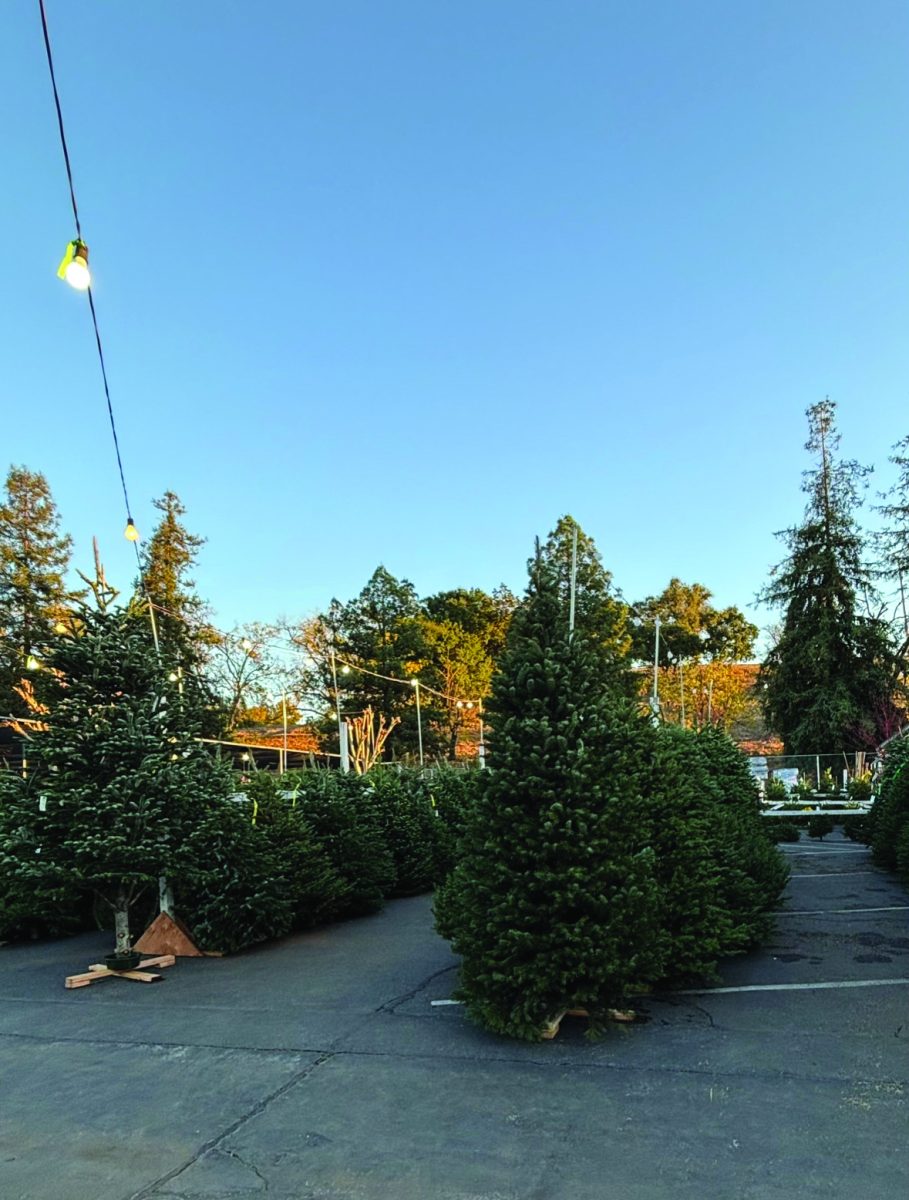Every high school student across California spends four years in an almost identical routine: waking early each morning, arriving on campus, and spending countless hours each day doing various readings, projects, assignments, and tests. All of this is done with the understanding that one day, when they’re done, that student will walk onto a stage while their name is read. They will stop in the middle of the stage to shake the hand of the principal who’s been waiting for them. The crowning moment will be the diploma that they’re handed, a simple piece of paper that opens the door to endless opportunities.
What is it that makes that transcript, or any of those four years of high school worth anything? The answer to that question is the Western Association of Schools and Colleges (WASC). WASC is an association responsible for accrediting schools across the Western United States. They are accountable for verifying that schools are properly teaching courses in a manner that validates the credits of their course offerings.
Every six years, in what many teachers refer to as the “WASC process,” each school is visited by other administrators on behalf of WASC. During their visit, these representatives evaluate the strengths and weaknesses of that educational institution. In many cases, when they determine that a school is not meeting its goals and needs extra help, they come back before the six years are up. In extreme cases, when a school is struggling and not improving, its credits are invalidated and diplomas from that school will no longer have any value.
This year is the year Willow Glen High School will be visited by WASC. To prepare, a small group of teachers – including Miss Miller, Ms. Bielefeld, Ms. Gannon, Mr. Hilbert, and Mr. Wind – has been tasked with managing the creation of a report. This report takes the form of a large document which reflects on all aspects of how our school operates. Mr. Hilbert has worked on the WASC article in the past but is taking a greater role in this evaluation. One of his primary responsibilities is gathering and analyzing data about the school to draw conclusions and identify areas for improvement.
During the visit, WASC representatives will visit our school and observe each course it offers. They may also pull students out of class or stop them in the hallway to ask them questions. This could be about anything ranging from the rigor of their schedules to their knowledge of school support services. Some of the things that the association is looking at are the success of school governance, the rigor of student courses, the level of student engagement, grading policies, and the school environment.
Despite the drastic consequences of failing the accreditation process, it is important for students not to worry. Ultimately, the focus of the process is to ensure that you, as a Willow Glen student, are getting the education that you deserve.
Miss. Miller stated that “the student voices are not represented in the report…so the only way [your] voices can be heard as part of this process is to verbally respond when these visiting adults ask questions.” This means, if you find yourself being pulled out of class or questioned in the hallways during the week of March 18th, remember to be completely honest. As Mr. Wind expressed, “WASC is a self-study… and students are a part of us.” The WASC process is about self-reflection and growth. Our campus staff as well as WASC’s representatives genuinely want our school to improve for the sake of the students, which is why you need to voice your experience as a Willow Glen student.
